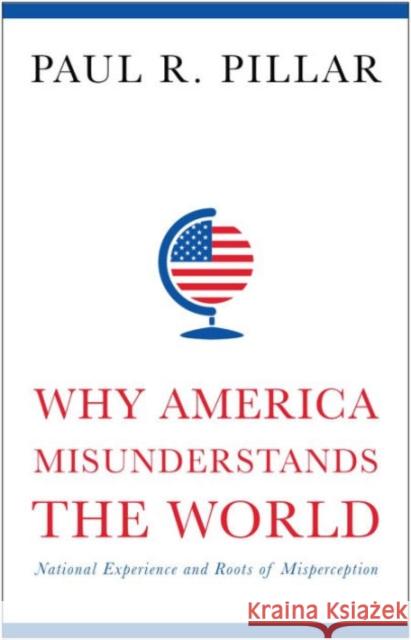Why America Misunderstands the World: National Experience and Roots of Misperception » książka
Why America Misunderstands the World: National Experience and Roots of Misperception
ISBN-13: 9780231165907 / Angielski / Twarda / 2016 / 224 str.
Why America Misunderstands the World: National Experience and Roots of Misperception
ISBN-13: 9780231165907 / Angielski / Twarda / 2016 / 224 str.
(netto: 122,50 VAT: 5%)
Najniższa cena z 30 dni: 113,53
ok. 30 dni roboczych.
Darmowa dostawa!
Being insulated by two immense oceans makes it hard for Americans to appreciate the concerns of more exposed countries. American democracy's rapid rise also fools many into thinking the same liberal system can flourish anywhere, and having populated a vast continent with relative ease impedes Americans' understanding of conflicts between different peoples over other lands. Paul R. Pillar ties the American public's misconceptions about foreign threats and behaviors to the nation's history and geography, arguing that American success in international relations is achieved often in spite of, rather than because of, the public's worldview.
Drawing a fascinating line from colonial events to America's handling of modern international terrorism, Pillar shows how presumption and misperception turned Finlandization into a dirty word in American policy circles, bolstered the "for us or against us" attitude that characterized the policies of the George W. Bush administration, and continue to obscure the reasons behind Iraq's close relationship with Iran. Fundamental misunderstandings have created a cycle in which threats are underestimated before an attack occurs and then are overestimated after they happen. By exposing this longstanding tradition of misperception, Pillar hopes the United States can develop policies that better address international realities rather than biased beliefs.










